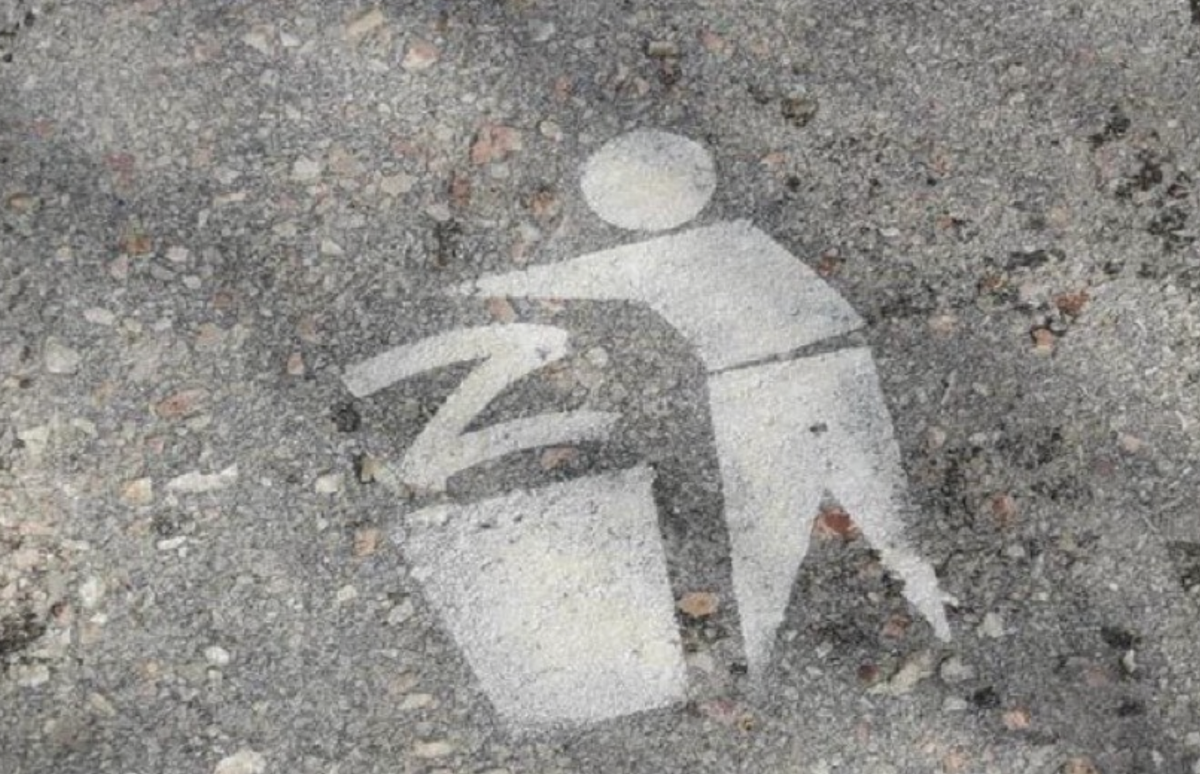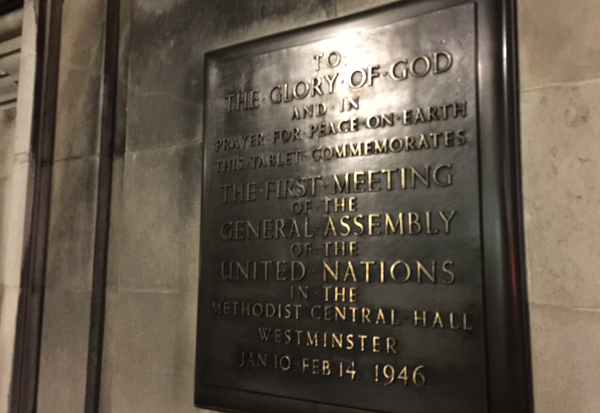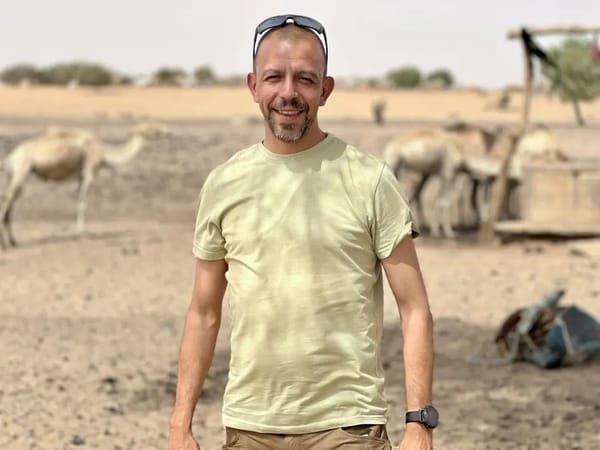US Fumbling, Alliance Crumbling, Putin’s Empire Stumbling Westward

Over the past week or so, there’s been a lot of important news about Russia’s invasion of Ukraine. And there are lessons to learn.
The kickoff was the release of a 28-point “peace plan” by the Trump administration. Closely resembling a Russian document, it was essentially a Kremlin wish list that would result in Ukraine’s capitulation. Kyiv would have to hand over additional territory to Russia, limit the size of its military, and agree to never join NATO.
In other words, Ukraine would cease to exist in its current form, millions of people would be forced to live in an expanded Russia, and Ukrainians would no longer control their own future.
Obviously, Ukraine’s government was not impressed. EU leaders weren’t either. But they were all blindsided by Trump’s one-sided “deal”.
Trump’s envoy behind the plan, Steve Witkoff, a real estate tycoon with limited peacemaking experience, was roundly criticized. Even some Republicans have called for Witkoff to be fired, especially after audio recordings emerged revealing how he was advising a top Kremlin aide on how Putin could win over Trump.
Witkoff’s mistakes look like rookie errors in peacemaking.
When trying to work out a deal between two parties in a conflict, controlling information is essential. If you talk to one side on their own, of course, that side is going to push its maximalist demands first. You take that to the other side in private and note reactions and redlines. You go back and forth to try to moderate the demands of both sides to come up with something both sides can agree on, or at least forms the basis for direct negotiations.
Whatever you do, you don’t let the maximalist demands of one side get out to the public as your “plan”. That makes you look like a stenographer for that side. The other side can only see you as untrustworthy.
They’ll also have an understandably outraged public on their hands. People suffering from years of war might be willing to accept a compromise solution to end it, but they’re unlikely to accept complete capitulation. That would mean their years of sacrifices have ultimately been for nothing.
As a peace envoy, you need to keep all your cards close to your chest. Don’t release anything to the public or let anything leak before there’s some kind of broad agreement between both sides.
It may be difficult for the public to accept that so much is done in secret, behind closed doors. There are millions of lives and futures at stake. People are suffering from the conflict terribly every day.
When the initial negotiations eventually get parties to the table together, then there should be room for victims’ groups and others at the table, as well. However, in these initial stages, you have to keep the circle as small as possible.
Successful peace diplomacy is not a crowdsourcing operation.
What’s more, in all electronic communications, a peace envoy and their team should assume they’re all being tapped, and they should watch what they say accordingly. Although it’s unclear who leaked Witkoff’s audio recordings and why, the general rule is: there are always well-connected people on all sides of a war who want to undermine peace negotiations for various reasons. Expect them to be listening in.
In any case, the US bumbled peace effort initially left Europe, including Ukraine, on the back foot. They’ve been pushing hard to get back in the game in recent days. Reportedly, nine points have been cut from the 28-point plan after talks with Ukrainian officials.
Whether this peace effort goes anywhere is anyone’s guess. My suspicion is it won’t. Putin doesn’t want peace with Ukraine; he wants Ukraine.
European leaders know this (finally, it took a while), and they also know Putin will not stop at Ukraine. Imperialists don’t stop invading countries on their own; they are stopped.
Leaders in Europe also know they have to do a lot more, given the US commitment to NATO is no longer guaranteed. The Trump regime is not an ally of Europe. Trump prefers dictators to democracy. Trump and his people are amateur clowns at best, Putin stooges at worse.
European governments have been increasing military spending for years, with more expected to come. This is sadly necessary.
Also sadly necessary, EU countries have been reviewing their rules on military service. Europe has a mix of obligations re military service. Many countries scaled down or eliminated compulsory service after the end of the Cold War, but it is slowly returning in different forms.
One example came this week, when French President Emmanuel Macron unveiled a new voluntary military service for 18- and 19-year-olds. Although they would not be deployed beyond France and its territories, the intention is to boost overall military numbers and experience in the face of revanchist Russia.
The further Putin’s forces and their atrocities move westward, the more such programs – voluntary and mandatory – will be needed. As Ukrainians have demonstrated for years now, the Kremlin’s mass murder machine can be slowed, and even reversed, with force.
With Europe reluctantly but rightly preparing for the possibility for a wider war, this is one source of hope: that Ukrainians have shown it can be done.
Russian troops are not thundering across Ukraine. They are taking incredible losses, and only inching forward bit by bit. The Institute for the Study of War, which has been documenting the conflict in great detail, puts it like this:
“The Russian rate of advance across the theater intensified since the [Putin-Trump] Alaska summit on August 15, with Russian forces advancing an average of 9.3 square kilometers per day across the entire theater, between August 15 and November 20, but these advances are still constrained to footpace.”
This gives EU countries time to prepare, but no one should be complacent.
It would still be better if we could stop the invader in Ukraine, before Putin’s aggression and atrocities spread any further.
========
Quick links:
Genocide in Gaza: Amnesty International say Israel’s genocide against Palestinians in Gaza continues unabated despite the ceasefire. A new briefing presents “a legal analysis of the ongoing genocide along with testimonies from local residents, medical staff and humanitarian workers highlighting the dire ongoing conditions for Palestinians in Gaza.”
Breaking the Resource Curse: Noo Saro-Wiwa wrote a compelling piece in The Guardian earlier this month: “My father, Ken Saro-Wiwa, died fighting for a clean Nigeria. Thirty years on, it’s time to stop sucking on the dirty teat of the oil cash cow.”
Hope for International Justice: Also in The Guardian, Philippe Sands had an optimistic take on the future of international law, under fire these days from Trump and others. “History shows us that the creation of international rules and institutions is followed by their partial destruction, and a reconstruction that builds on what came before.”



